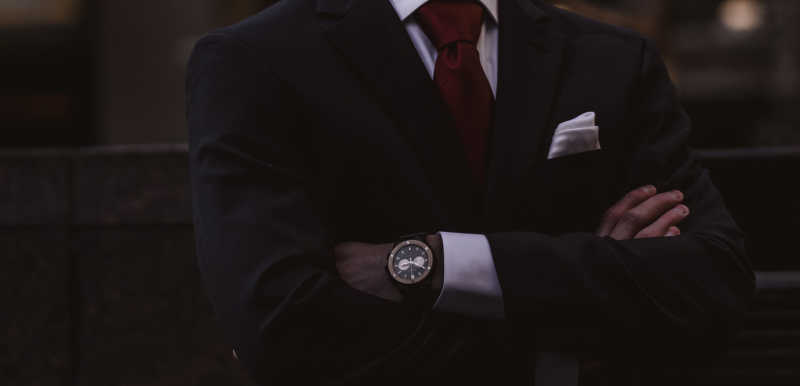What’s the Punishment for Theft? Depends on What State You’re In
Oct. 4, 2018
Stealing a neighbor’s $300 purse in Georgia is a misdemeanor that might get you a fine or a short stint in county jail. But if you take that same item next door in Florida, you’ve committed a felony: you could end up serving time in state prison and lose your right to vote.
When it comes to felony theft, there is no uniform national threshold. Each state sets its own dollar amounts to classify theft crimes. To face a felony charge in Georgia for the handbag caper, for example, you’d have to steal five of those same purses: the felony minimum there is $1,500.
And while there is no move toward setting a single nationwide standard, more than three dozen states have increased minimums for felony theft since 2000, adjusting their laws to fit the rising costs of goods. Some states, like Alaska and Louisiana, have hiked thresholds multiple times in the last few years. Advocates say these changes are necessary to make sure that the punishments fit the crimes.
Texas and Wisconsin have the highest thresholds at $2,500, according to data from the National Conference of State Legislatures and a report published by the Public Safety Performance Project at The Pew Charitable Trusts. Most others range from $500 to $2,000. Of the 13 states that have not altered their statutes since 2000, four — Florida, Massachusetts, Virginia, and New Jersey — have the lowest thresholds in the country, at $300 or less.
Those four states have not updated their statutes in decades. Virginia has had its $200 minimum since 1980. In June of that year, $200 had the purchasing power of about $600 in today's currency. Still, efforts to adjust the laws have met resistance.
“To not keep pace with [inflation] is to, by inaction, increase punishment and penalty,” said Deborrah Brodsky, director of the Project on Accountable Justice at Florida State University.
Though policymakers in all four statehouses have introduced bills that would increase dollar values for felony charges, reform has been largely stymied by retailers, advocates say. Retail lobbyists who vehemently oppose changing theft thresholds often argue that it will encourage or increase shoplifting.
James Miller, a spokesman for the Florida Retail Federation, wrote in a statement to The Marshall Project that the organization was particularly concerned about organized retail crime, in which coordinated thieves steal and re-sell ill-gotten goods.
“Experienced criminals are well aware of the felony limitations and are careful to adapt their criminal activities to the stated thresholds,” he wrote.
The National Retail Federation reports that the retail industry loses about $30 billion per year to this type of theft.
Researchers at The Pew Charitable Trusts found that there was no statistically significant correlation between hiking felony theft thresholds and crime rates. Pennsylvania, for example, set its threshold at $2,000, and its larceny rates are lower than those in Florida. Property crime rates have decreased nationally since the early 1990s, and states that have loosened their theft laws do not disrupt that trend.
“The idea here is to make sure that prisons are not holding low-level offenders,” said Adam Gelb, director of the Public Safety Performance Project. “And that lower-level offenders are not saddled for the rest of their lives with felony records.”
Many say that stringent theft statutes disproportionately affect opioid addicts. Sonia Chang-Diaz, a Democratic Massachusetts state senator who helped author a bill that would raise the state’s $250 threshold to $1,500, said property crimes were “most heavily driven by addiction.” Substance abusers often steal to support their habits, and harsh theft laws can push them into a costly cycle of crime, she said.
“When they get out, if they can’t find an employment plan or housing, chances are they’ll lapse back into substance abuse, and they’re going to show up again in that person’s store,” Chang-Diaz said.
With more than three dozen states setting the example, advocates remain hopeful about progress in the remaining state legislatures in coming sessions. Chang-Diaz said the Massachusetts bill is in the “unglamorous middle of the legislative process,” but she is optimistic about the momentum evidenced by the bill’s passage in the state Senate in March. (The House declined to take it up before the end of the legislative session.)
Updated theft laws might be on the horizon, not only in progressive states like Massachusetts but also in Florida, which Brodsky said has been called “the great white whale” of criminal justice reform.
Florida’s incarcerated population is one of the largest, and the state has the highest felony disenfranchisement rate in the whole country, according to data from The Sentencing Project published in 2016.
A bill that would raise Florida’s felony theft threshold from the current $300 passed three committees in the House but died in the Senate in May. Scott McCoy, a Florida-based senior policy counsel at the Southern Poverty Law Center, said he still “took that as good news.”
Brodsky similarly described “groundswell support” for changing the state’s theft laws.
“Anyone really studying this can see this is not rational,” she said. “It makes us feel safer to increase punishment, but we don’t stop and review the lasting impacts.”
WHEN THE COPS TAKE YOUR URINE BY FORCE
